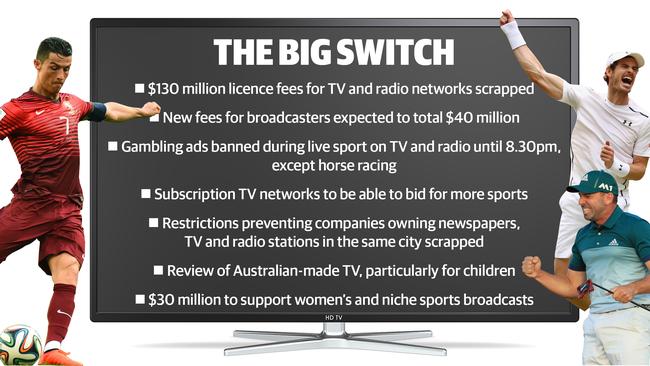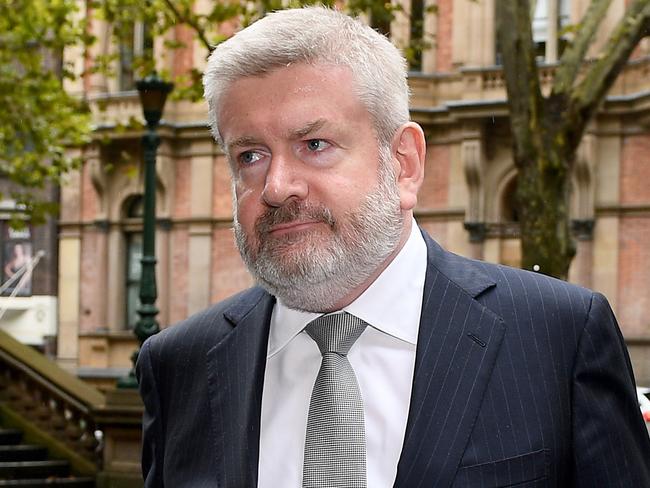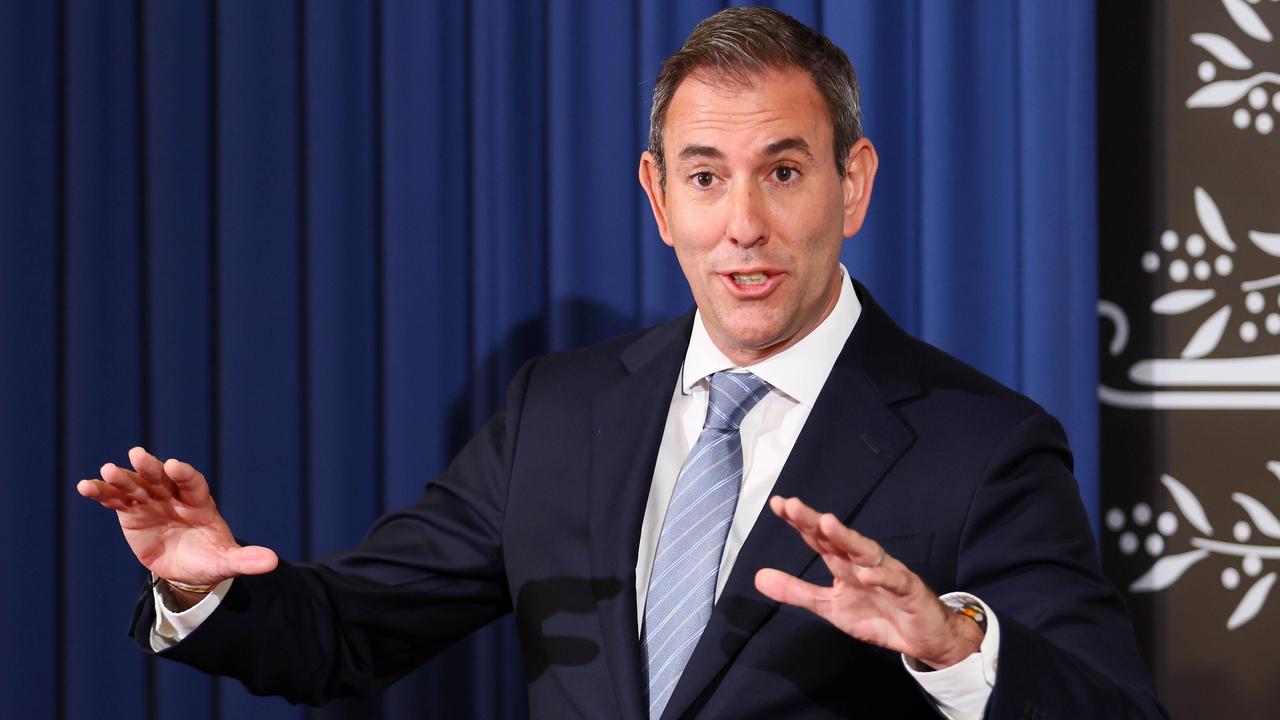Federal Budget 2017: Live sports TV betting ads ban to combat problem gambling
BETTING ads will be banned from live sporting events on TV and radio before 8.30pm, under a Turnbull Government plan to combat problem gambling.

Federal Budget
Don't miss out on the headlines from Federal Budget. Followed categories will be added to My News.
- Major sports up for grabs for all networks under anti-siphoning list changes
- Terry McCrann: Media rule changes kick in right direction
- Don’t bet on television gambling advertisements
- Tim Costello: Crackdown on sports betting a must for young
BETTING ads will be banned from live sporting events on TV and radio before 8.30pm, under a Turnbull Government plan to combat problem gambling.
The restrictions, part of a major media reform package to be announced on Saturday, mean broadcasters of live sports on all platforms cannot show any gambling ads from five minutes before a match starts to five minutes after it ends.
The ban covers on-screen promotions, sponsorships and live crosses to betting companies for updates on odds during matches until 8.30pm.
Communications Minister Mitch Fifield told the Herald Sun the ban would provide “a clear and practical zone for families and children to watch live sports”.
Exemptions for horse racing, harness racing and greyhound racing will remain in place so broadcasters can still show betting odds and gambling ads.
AFL TO JOIN OTHER MAJOR SPORTING CODES IN FIGHT AGAINST TV GAMBLING ADS LIMIT
PROPOSED PROGRAM COULD DETECT ‘RISKY’ ONLINE GAMBLING

The government has also decided to cut back the list of major sporting events which free-to-air broadcasters get first dibs on, removing most soccer World Cup games, Wimbledon tennis and the US Masters golf from it.
In a major pre-Budget announcement, Senator Fifield has also revealed long-awaited changes to media ownership laws to “improve the sustainability of Australia’s free-to-air broadcasting sector”.
The government will scrap the “two out of three rule” which meant one person or company could not own a radio station, a TV network and a newspaper in the same market.
It will also ditch limits on broadcasters owning TV licences which collectively reached more than 75 per cent of the population.

TV and radio networks will save tens of millions of dollars under a plan to abolish annual licence fees, which currently rake in about $130 million for the government every year. Instead, broadcasters will pay more expensive spectrum fees — tipped to raise about $40 million annually — based on the reach of their stations and channels.
Senator Fifield said licence fees were “a relic of a bygone age”, introduced when broadcasters “could generate significant profits due to their exclusive access to mass audiences”.
But TV networks have faced financial difficulties as online streaming services eat into their audiences.
The struggling Ten Network cast doubt over its survival last week after announcing a half-year loss of $232 million.
Senator Fifield said the changes would provide “financial relief” and help commercial broadcasters “grow and adapt in the changing media landscape, invest in their businesses and in Australian content, and better compete with online providers”.
HOW AUSTRALIAN SPORTS ARE TRYING TO STOP CRIMINALS FROM MAKING ILLEGAL BETTING BILLIONS

“The package provides significant ongoing financial relief, acknowledging that Australia’s broadcasters are facing an increasingly competitive commercial environment, with intense competition for audiences and advertising revenue from other media companies,” he said.
The reforms, which Senator Fifield said were “vital to the long term viability of the sector”, need to be legislated. The government will have to negotiate with Labor and the crossbench senators.



